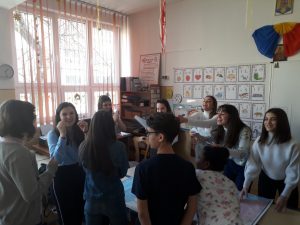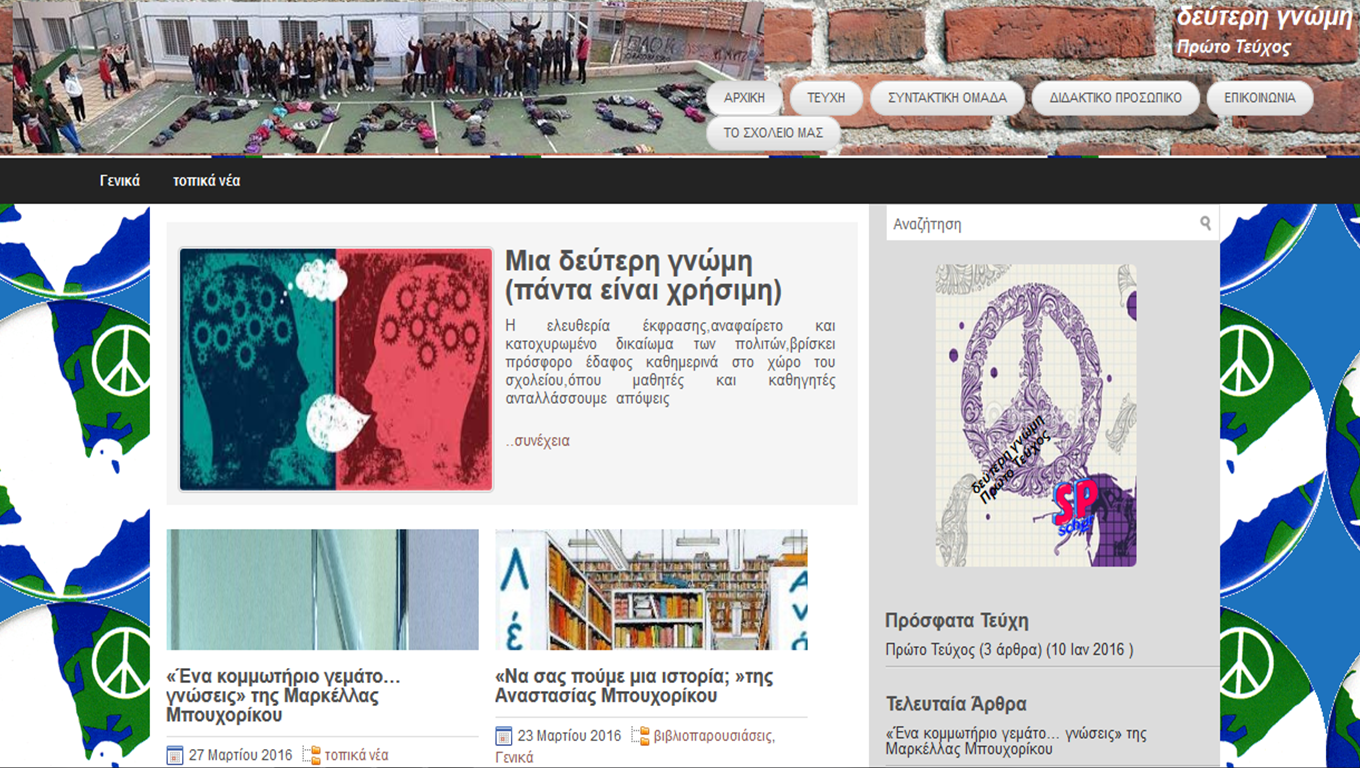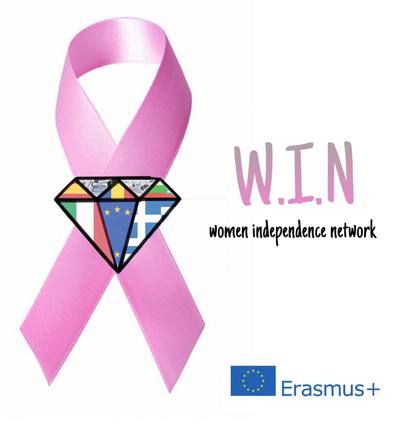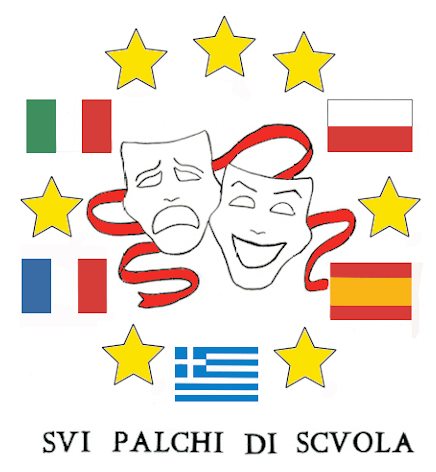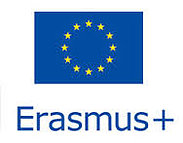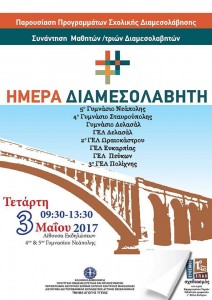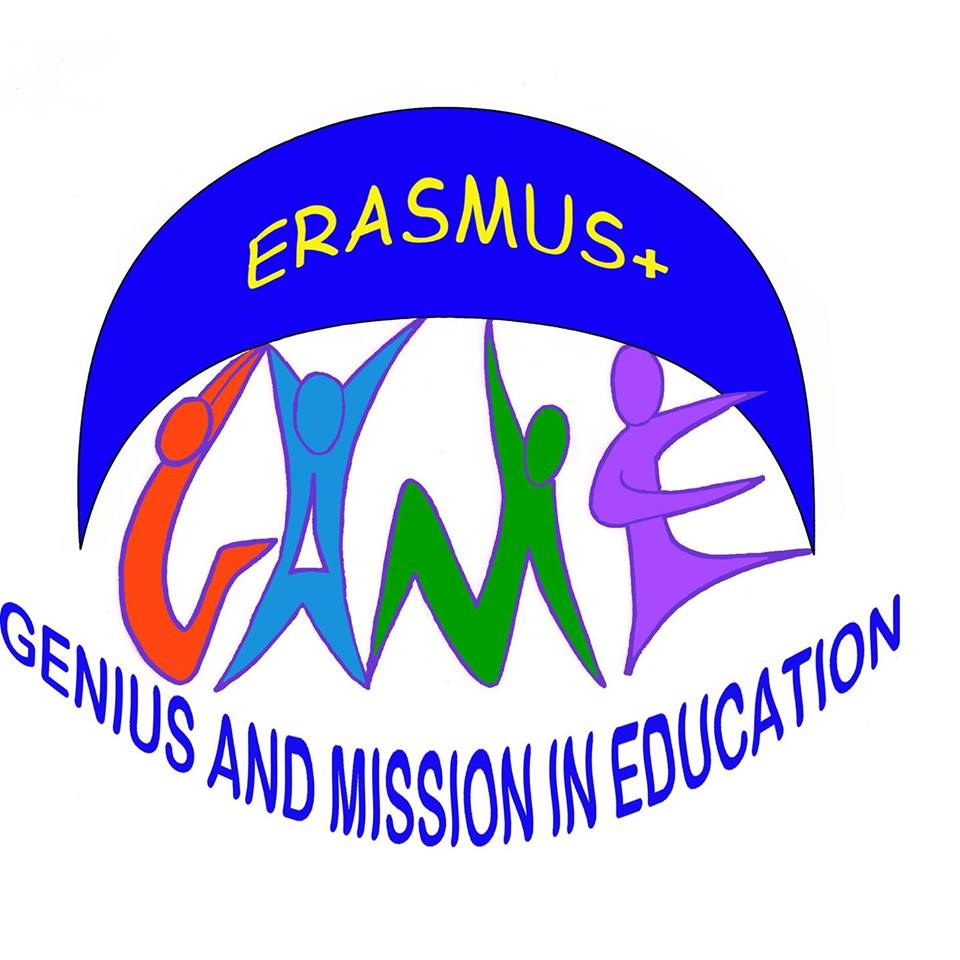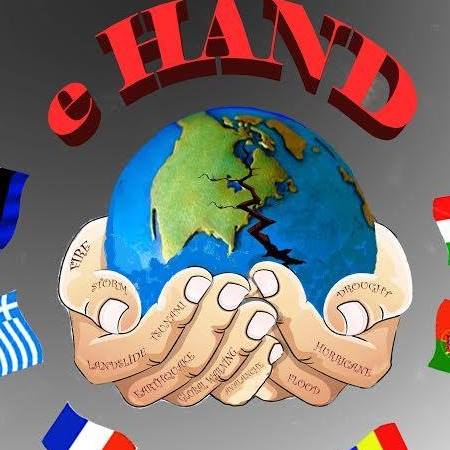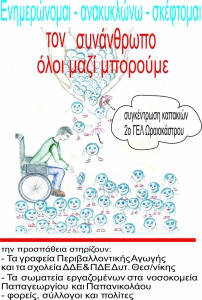 Let’s play Games and Learn about Climate Change and Natural Disasters
Let’s play Games and Learn about Climate Change and Natural Disasters
Georgios Chatzigeorgiou*, biologist, Alexia Fragkouli*, english language teacher , Eftychia Karagianni*, physicist, MD electric physics
*2nd General Lyceum of Oreokastro, Greece
General Information
Climate change is a change in the pattern of weather and related changes in oceans, land surfaces and ice sheets, occurring over time scales of decades or longer.
Global warming is the term used to describe a gradual increase in the average temperature of the Earth’s atmosphere and its oceans, a change that is believed to be permanently changing the Earth’s climate.
What is the difference between global warming and climate change?
Although people tend to use these terms interchangeably, global warming is just one aspect of climate change. “Global warming” refers to the rise in global temperatures mainly due to the increasing concentration of greenhouse gases in the atmosphere. “Climate change” refers to the variation of meteorological variables over a long time span – including precipitation, temperature, and wind patterns.
 What is called a natural disaster?
What is called a natural disaster?
The term “natural disaster” implies the consequence of a peril manifested in both natural and built environment. A natural disaster is a geological, hydrological, meteorological etc. situation or phenomenon wherein immediate or potential danger to human lives and properties exists; such disasters are usually rapid and characterised by a conflict of natural and anthropogenic socioeconomical environment, significantly afflicting the latter. The main natural disasters afflicting Greece, as well as the rest of the globe, include wildfires, earthquakes, landslides and volcanic eruptions.
Admittedly, natural phenomena that have been occurring all the more frequently within the region of the Mediterranean during the past few years used to be much rarer, and are therefore now considered extreme phenomena. Their increasing recurrence in recent times is a major manifestation of climate change.
 School community and crisis management
School community and crisis management
Each school ought to offer a safe environment, wherein promotion of psychological and physical health, elimination of risk factors and prevention strategies will guarantee democratic and equal education. Health education as a parallel educational activity is inextricably linked with the school itself, the pupils, the educators, the parents, as well as with society as a whole. Therefore, for the greatest part -if not entirely- crisis management (i.e. the manifestation of negative impacts) should be handled within each school structure by the educational community, which is comprised of the teaching staff. Intervention has to take place in school/class and carried out by those who are the most appropriate; that is, the school staff. For disaster prevention to be achieved, highly preferable is action within the native environment (i.e. the school or class) by individuals of the closest identification and familiarity therewith (i.e. the school staff). Important measures, such as rising of participant’s awareness, taking on roles and initiatives, or communicating the group goals and objectives, make for a remarkable undertaking; yet, it would prove ineffective in crisis intervention wi

thout training and education of participants. This initial step cannot be ignored, for the school effort is bound to fail if such training is not carefully considered.
Activity
In the context of environmental projects run by our school and foremost of the Erasmus+ project “Effects of Human Activities on Natural Disasters – eHAND”, a group of students and teachers from the 2nd General Lyceum of Oreokastro became actively involved in the collection of
data on natural disasters in Greece. Several working groups were created, each undertaking to gather material relating to: earthquakes, volcanic
eruptions, floods, fires, and landslides, respectively. Each group’s findings were presented to the others and at the various transnational and LTTA meetings also to students of the rest of the schools participating in the Erasmus+ project.
 Also, a group of students participating in the e-twinning project titled “Be informed about climate change, be prepared” was trained in first aid, but also took one step further by suggesting ways to protect our cultural heritage from natural or man-made disasters.
Also, a group of students participating in the e-twinning project titled “Be informed about climate change, be prepared” was trained in first aid, but also took one step further by suggesting ways to protect our cultural heritage from natural or man-made disasters.
In the context of those two projects, the Erasmus+ and the e-twinning one, our team designed a lesson plan on natural disasters which they presented to primary and junior high school students. After consideration, the members of the team decided to present the lesson in an experiential way, though team games that they designed themselves.
The lesson consisted of two phases. The first one was a presentation of natural disasters, such as earthquakes, fires, floods, volcanic eruptions and their physical, chemical and geological background. The second phase involved learning through the games that students designed (board games and online games).
Web apps and tools such as https://app.maptionnaire.com,
https://geoawesomeness.com, https://scratch.mit.edu,
https://crosswordlabs.com/ were used. Students worked in teams which created four games: a crosswords puzzle in Greek and in English (with the same and some different questions), a snakes and ladders game in Greek and in English, The History of Natural Disasters in Europe and The History of Natural Disasters in Greece (similar online game with different questions) and finally a scratch game titled Earthquake Quiz in Greek (online game).
 After creating the games, our teams visited some schools to play the games with other students. So far, we have visited two schools where we were able to play our games: A Greek junior high school of our region and a primary and junior high school of Oradea, Romania. During our visit to the Romanian school in the context of the e-twinning project titled “Be informed about climate change, be prepared”, we were able to inform and teach other students about natural disasters through games. At the end of the games students completed a questionnaire on climate change and natural disasters.
After creating the games, our teams visited some schools to play the games with other students. So far, we have visited two schools where we were able to play our games: A Greek junior high school of our region and a primary and junior high school of Oradea, Romania. During our visit to the Romanian school in the context of the e-twinning project titled “Be informed about climate change, be prepared”, we were able to inform and teach other students about natural disasters through games. At the end of the games students completed a questionnaire on climate change and natural disasters.
Our aim is to visit and inform as many schools in our region and other areas as possible. This way, we could disseminate the knowledge we have acquired concerning protection from natural disasters and human interventions, protection of our cultural heritage, students/teachers/parents’ awareness of climate change-related problems.
Using the teaching model of constructivism, new teaching methods are created which are student-centered and not teacher-centered, promoting active learning and not passive attendance on the part of the student, favouring the building-up of knowledge instead of passive memorization of information, recognizing the importance of the social context where knowledge is developed, not teaching unrelated and detached segments of knowledge or subjects, using a variety of interactive teaching tools, reinforcing communication and cooperation among students and not individual work, thus facilitating the development of active (not passive) knowledge through investigation, discovery and games. Meanwhile, there is an interaction and cooperation (social learning theory), experiential and active learning.
On line Games:
- Η Ιστορία των Φυσικών Καταστροφών στην Ελλάδα / The history of Greece’s natural disasters
2. The history of natural disasters in Europe
3. earthquake quiz – scratch










